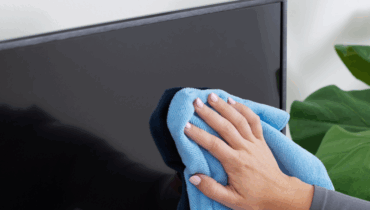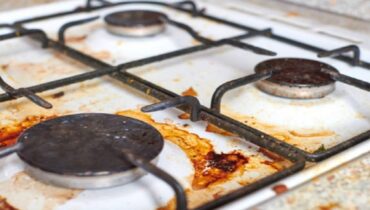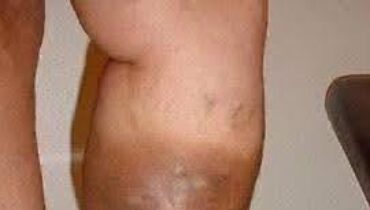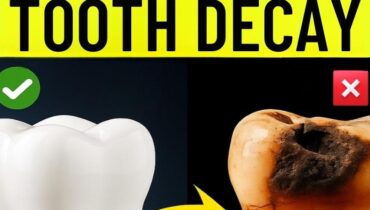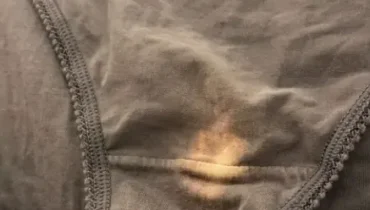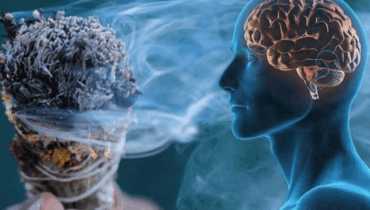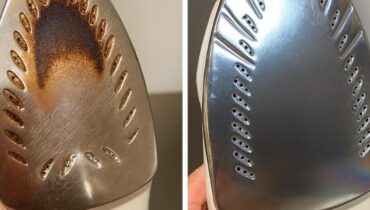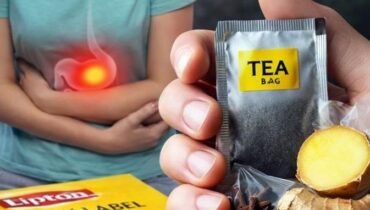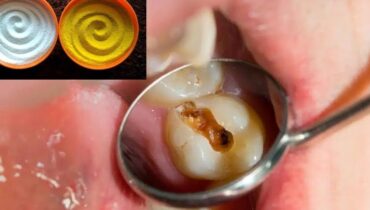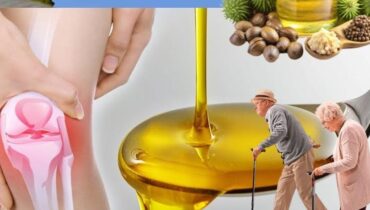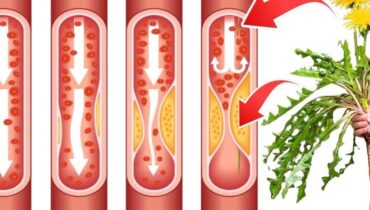📌 5 Times You Should Never Take a Shower — Protect Yourself from Stroke Risk
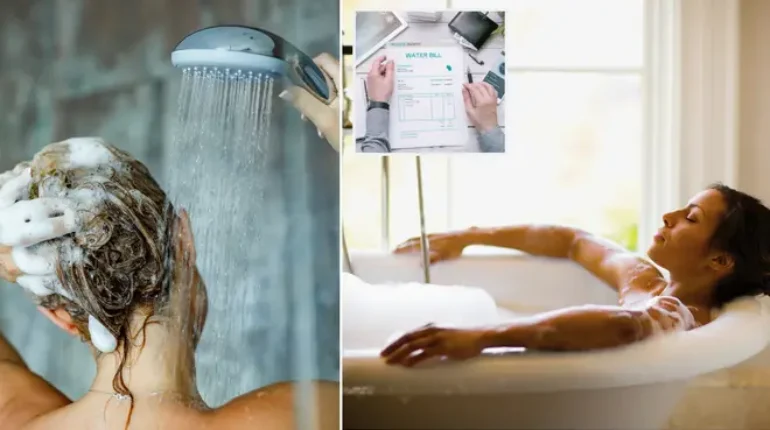
Posted 13 September 2025 by: Admin
1. Right After Waking Up
-
Why to avoid it: Blood pressure is naturally higher in the morning. Sudden exposure to cold or hot water can constrict blood vessels, raising stroke risk.
Advertisement: -
Tip: Wait 30–60 minutes after waking. Stretch or gently warm up your body before showering.
2. Immediately After Eating
-
Why to avoid it: Bathing right after meals redirects blood flow to the skin, reducing supply to the brain and digestive system, which may cause dizziness or fainting.
Advertisement: -
Tip: Wait 1–2 hours after eating before taking a shower or bath.
3. When Extremely Tired or Weak
-
Why to avoid it: Fatigue can lower blood pressure. Hot showers or baths in this state may cause sudden drops in blood flow to the brain, increasing the risk of fainting or stroke.
-
Tip: Rest and hydrate first. Use warm—not hot—water and have someone nearby if possible.
Advertisement:
4. Very Late at Night
-
Why to avoid it: Body temperature naturally drops at night to prepare for sleep. Cold or very hot water can shock the system, affecting circulation and heart function.
-
Tip: If you must bathe at night, use warm water and ensure the bathroom is comfortably heated.
5. In Very Cold or Very Hot Water
-
Why to avoid it: Extreme temperatures stress the circulatory system. Hot water can over-dilate vessels, causing dizziness, while cold water can constrict vessels, spiking blood pressure.
Advertisement: -
Tip: Stick to lukewarm water, especially if you are older or have heart or blood pressure issues.
Additional Safety Tips
-
Hydrate before bathing.
-
Keep the bathroom warm to avoid temperature shock.
Advertisement: -
Don’t lock the door if you are unwell and alone.
-
Sit down if you feel lightheaded or weak.

